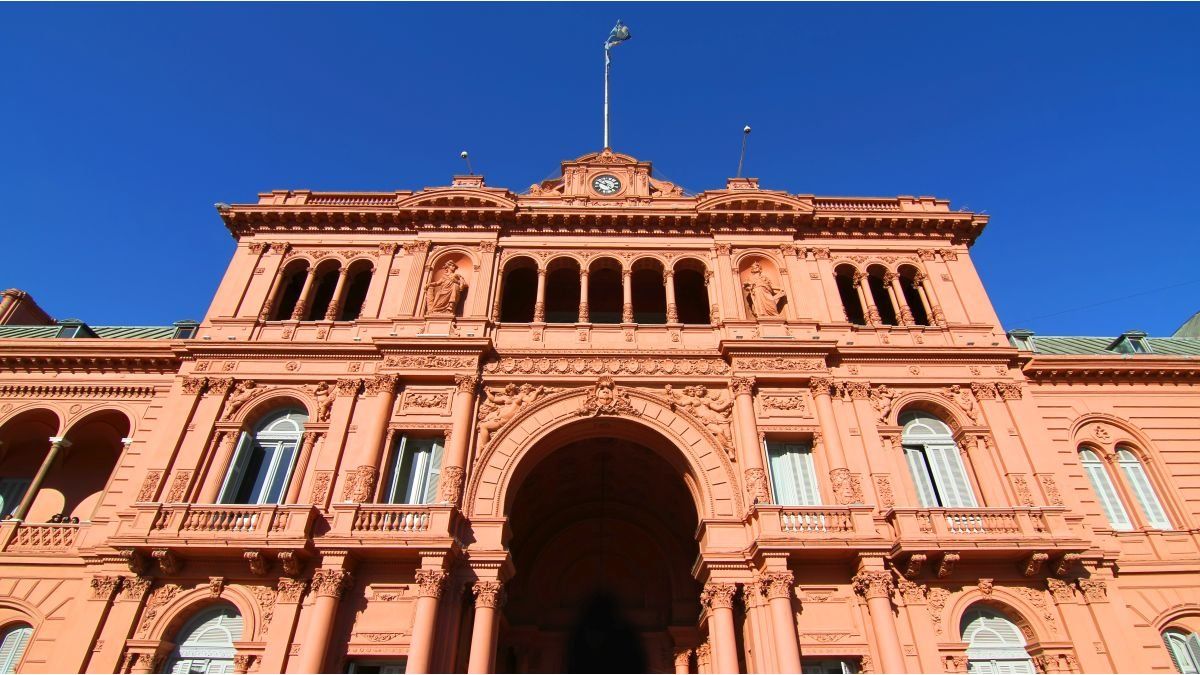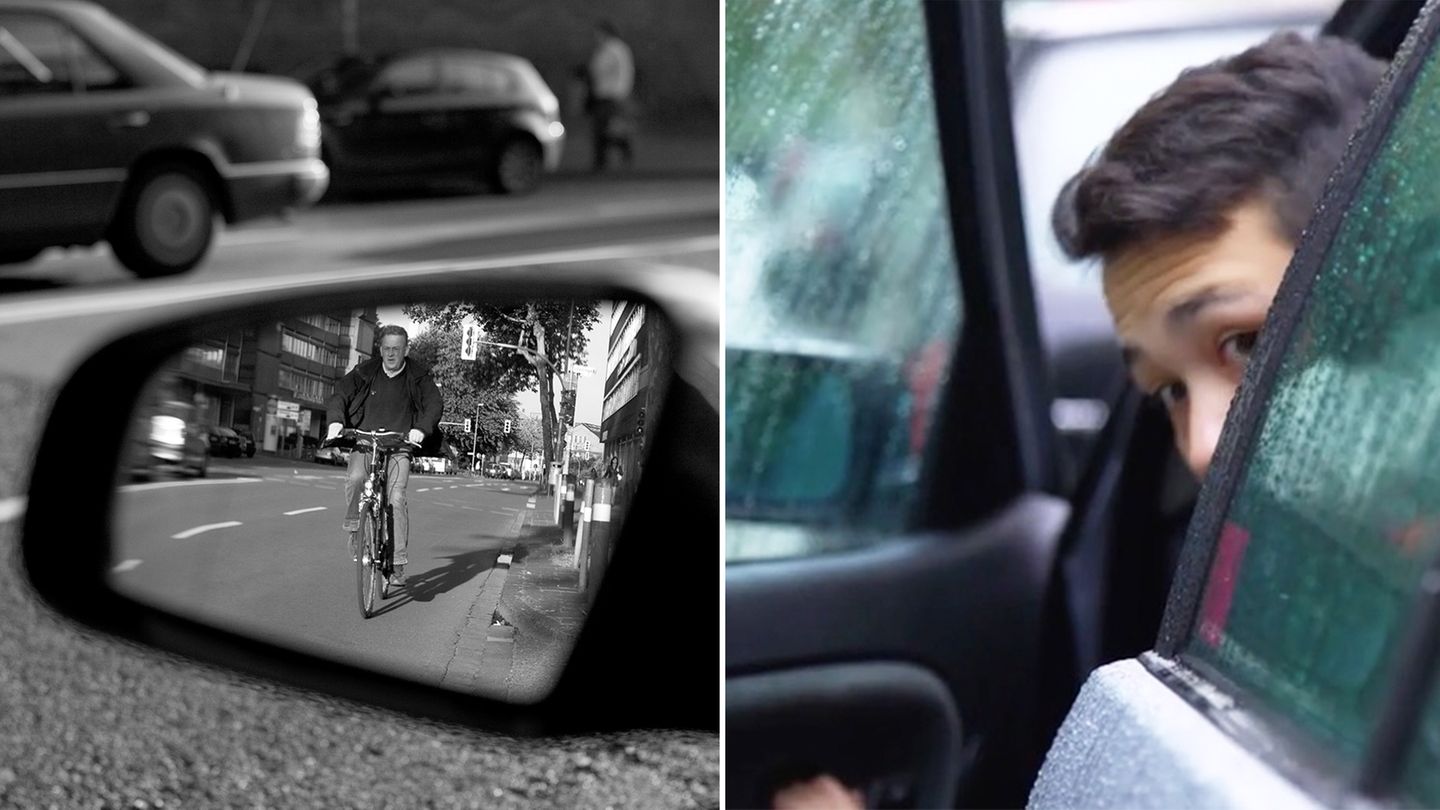The Government is studying modifications to the antidumping regime with the purpose of limiting its application, as revealed in the Pink House. This measure is part of many others that the administration of Javier Milei has in the pipeline to “open and deregulate the economy,” according to official sources. Ambit.
Near the presidential office it is said that “Argentina is the country with the most antidumping in the world”. They attribute this to the action of local business groups that, in this way, obtain “excessive protection.”
They point out that these restrictions on imports should not extend for decades, as currently happens with different products (the regime establishes 3 to 5 years, renewable under certain conditions). They consider establishing a maximum period of the order of 18 months.
They also evaluate apply a cap on the percentage of rightssince they claim that, in some cases, the rates are exaggerated. “There are rights of up to 4,200%” they argue.
Sectoral and regional promotion
Another of the initiatives being studied by the team in charge of deregulating the economy consists of unify the different sectoral and regional promotion systems into a general regime.
They are in their sights different regimes such as those that benefit the automotive and knowledge industries or promotion for the province of Tierra del Fuego.
This last regime was a source of controversy since, for the moment, it is not included in the cuts proposed by the Executive Branch, despite being the “most onerous,” according to Fundar Foundation. This entity estimates that the fiscal cost per year is 1,070 million dollars.
The Government is analyzing in detail the legislation that benefits the southern territory – Law 19,640 of 1972 – and found that article 32 of this law grants the Executive powers to modify the regime.
Verbatim, that article states:
The National Executive Branch, starting TEN (10) years after the entry into force of this law, may exercise, as appropriate for greater economic development of the areas promoted by this law, the following powers:
- a) exclude from the free area all or part of the territories included therein and include them in the special customs area;
- b) partially reduce the benefits granted, for a certain area or zone of area, for all or some taxable events, or certain merchandise;
- c) delete one or some of the benefits granted, for a certain area or zone of area, for all or some taxable events, or certain merchandise;
- d) subject to conditions any or some of the benefits granted, for a certain area or zone of area, for all or some taxable events, or specific merchandise; and
- e) combine one or more of the benefit limitations referred to in the preceding sections b), c) and d).
Reforms to defund the “caste”
“In the DNU (Decree of Necessity and Urgency 70) and in the new omnibus law that we are going to send to Congress we contemplate only 20% of the reforms that we plan to make, we included only what we believe is most important or urgent,” they point out in Milei’s surroundings.
The president took a good part of his initiatives in this order, from work carried out over two years by a team of seven professionals led by the economist Federico Sturzenegger for Patricia Bullrich (within the framework of her proposals as a presidential candidate for Together for Change).
They analyzed 4,200 laws, coming to the conclusion that 300 should be repealed and 200 modified. The paper also includes what these corrections consist of. These initiatives were later made compatible with the work that it had been doing in the same direction. Eduardo Rodríguez Chirillo for Freedom Advances.
The general criterion with which Sturzenegger’s team worked consisted of “dismantle preserves of privileges and impediments to competition”, they point out in the environment of this economist. After analyzing Argentine legislation they came to the conclusion that “the theft is institutionalized, the problem is not what is illegal, but the legal privileges that different groups obtained over the last fifty years.”
President Javier Milei shares the argument heard in the Casa Rosada: “These are deeply rooted interests that businessmen and union members have been building for decades and to fight with them the only way we have is to defund them”,
For this reason, the Government remains firm on the need to reconsider contributions to unions, since it considers that the most appropriate way to discipline the unions – and end the privileges of other sectors – is “leave them without resources.” Although this vision also encounters the limits imposed by politics.
In this regard, in the conversations with the different deputies on the issue of the omnibus law, radicalism and other related parties want to include aspects of the Labor Reform. Although, Leaving aside the issue of union contributions and social work, as the representative commented Miguel Ángel Pichetto at the end of the meeting with the Minister of the Interior, Guillermo Francos.
Returning to privileges, they mention as an example, according to the official view, automotive registries. They point out that For every $1,000 pesos they charge today, $300 “goes to the politician in charge of the registry.” The response was to open national competition to sectional registries and in this way “defund” them.
Source: Ambito




